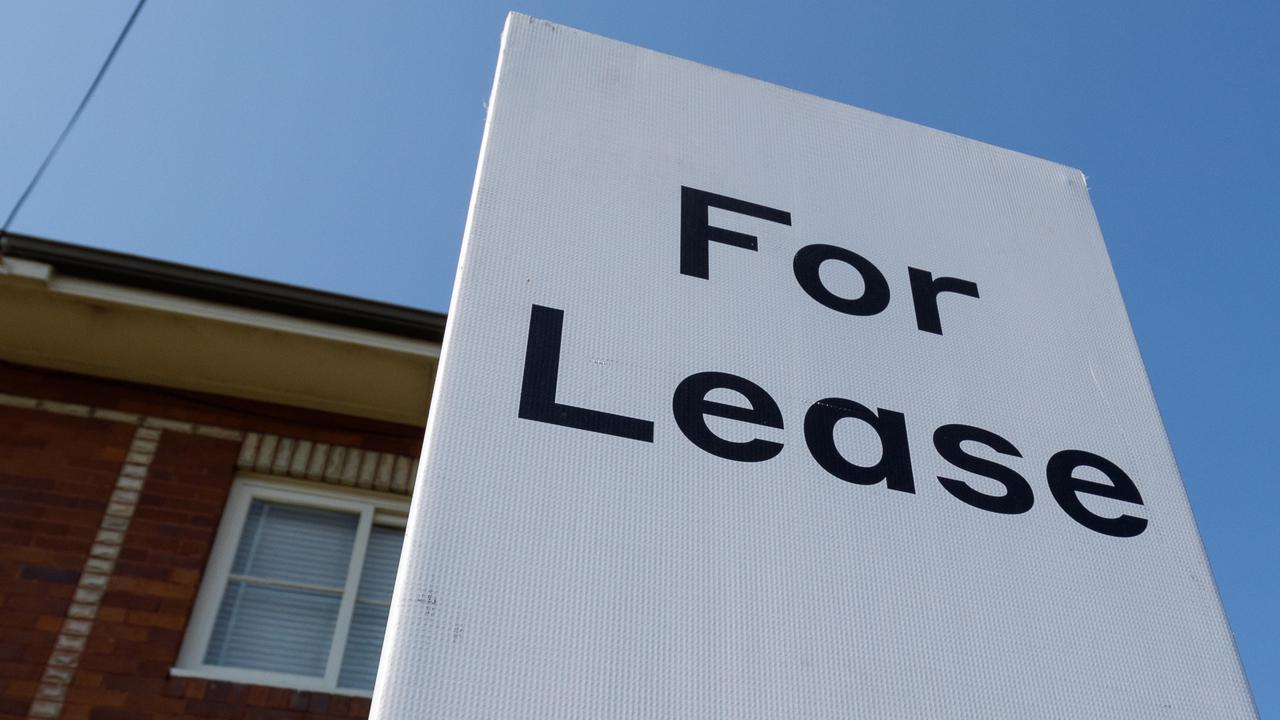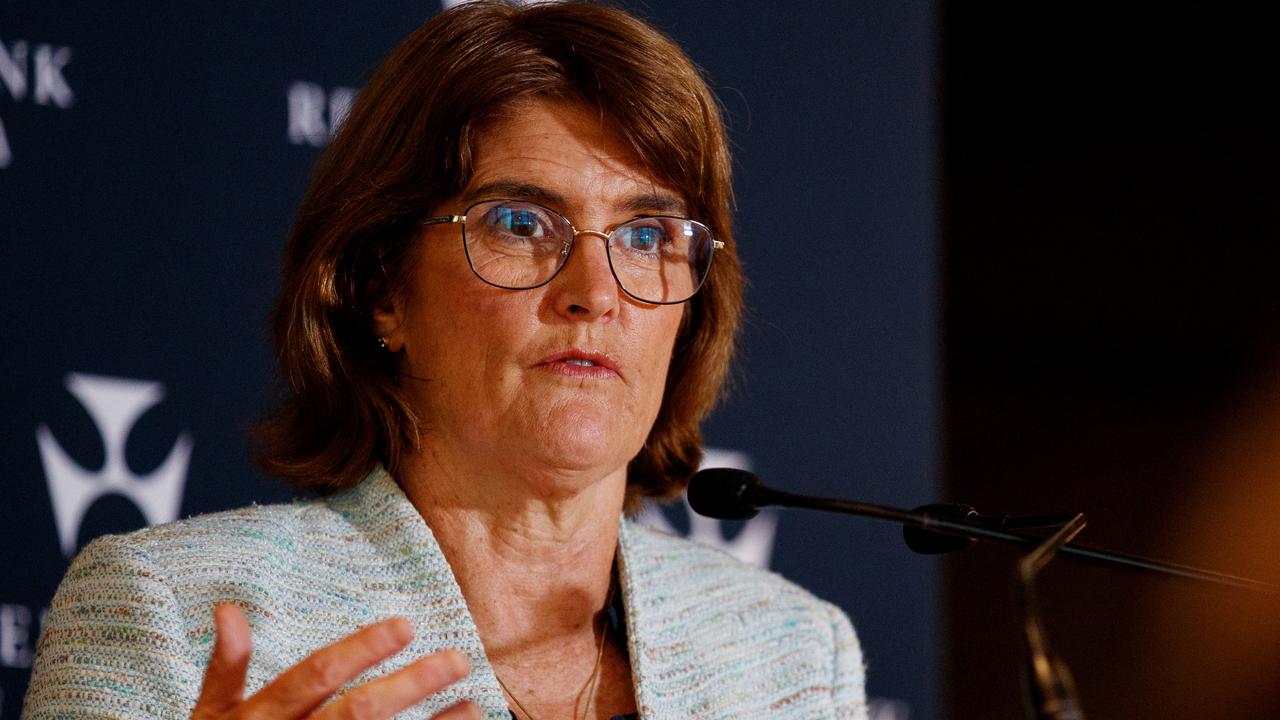Coronavirus Australia: Figures reveal the postcodes hardest hit by COVID-19’s economic fallout
Scott Morrison has delivered his strongest warning as new figures reveal the postcodes hardest hit by COVID-19’s economic fallout.

Scott Morrison has delivered his strongest warning to date that more workers could lose the JobKeeper payment as new figures reveal the postcodes hardest hit by COVID-19’s economic fallout.
And while it’s no surprise to learn that the Sydney and Melbourne CBD are the regions where workers are most likely to rely on the $1500 a fortnight wage subsidy, some of the postcodes relying on the cash are surprising.
The new figures underline the devastation of Australia’s tourism industry with Cairns and the Gold Coast among the Top 20 regions in the country hit hard by the border closures and business shutdowns.
RELATED: Scott Morrison’s plea to state leaders
RELATED: ‘Kill clause’ allows PM to cut off payments early
RELATED: New COVID-19 cases worldwide hit record high
According to the first breakdown of who is claiming JobKeeper by postcode, Liverpool in Sydney’s south west makes it into the Top 3 regions most likely to claim the payment, where nearly 4000 businesses are relying on the wage subsidy to protect jobs.
Melbourne’s Hoppers’ Crossing in the city’s southwest is the next hardest hit taking out the number 4 spot in the nation for JobKeeper payments.
The tourism destination of Cairns in Queensland, postcode 4870 is the next most affected region, with more people on JobKeeper than Brisbane.
Melbourne’s Werribee, also in the city’s south west, has over 3000 businesses relying on JobKeeper, slightly more than Brisbane’s CBD and Adelaide’s inner city suburbs.
The Gold Coast and Toowoomba in Queensland also make it into the Top 20 as does Sydney’s Baulkham Hills and Bella Vista as does Sydney’s inner city suburbs of Darlinghurst and Surry Hills.
Just days after announcing plans to kick 120,000 childcare workers off JobKeeper, the Prime Minister conceded on Wednesday that more changes are likely to follow a review of the scheme.
But he stressed this would only occur where there was “a better way” of delivering support if it was still needed.
On Friday, the Prime Minister said the six months provision of JobKeeper was “guaranteed” and people could “count on that.”
Three days later, the Morrison Government announced plans to kick 120,000 childcare workers off JobKeeper but provide the industry with a $700 million grant that can be used to support casuals who were not covered by the scheme.
“Why did the Prime Minister break his promise three days later by putting — cutting JobKeeper support for 120,000 early childhood educators?’’ Labor’s childcare spokesman Amanda Rishworth asked in parliament.
In response, Mr Morrison said he would not rule out further changes.
“The JobKeeper legislation does remain in place until the end of September. but where there is a better way to do things we won’t step aside from doing them in a better way,’’ he said.
“We are now on the road back. It’s not about going further down,’’ he said.
Labor’s Treasury spokesman Jim Chalmers said it was a decision that would force some workers out of a job.
“It wasn’t that long ago that Scott Morrison was saying in this country, “If you have a go, you get a go,’’ he said.
“Well, now he is saying to so many workers, you’ve had a go, now off you go, to Centrelink.”
During question time, the Prime Minister also confirmed he did not hesitate from conceding Australia was now experiencing the first recession in nearly 30 years.
“It is a recession Mr Speaker. There’s no doubt about that,’’ he told parliament.
Treasurer Josh Frydenberg said without the JobKeeper support Australia’s unemployment rate would be up to 5 per percentage points higher.
“From the tourism operator in Cairns to the office worker in Sydney and the manufacturing business in Hoppers Crossing, JobKeeper is keeping businesses in business and people in jobs right across the country,’’ he said.
Samantha Maiden is news.com.au’s national political editor | @samanthamaiden




